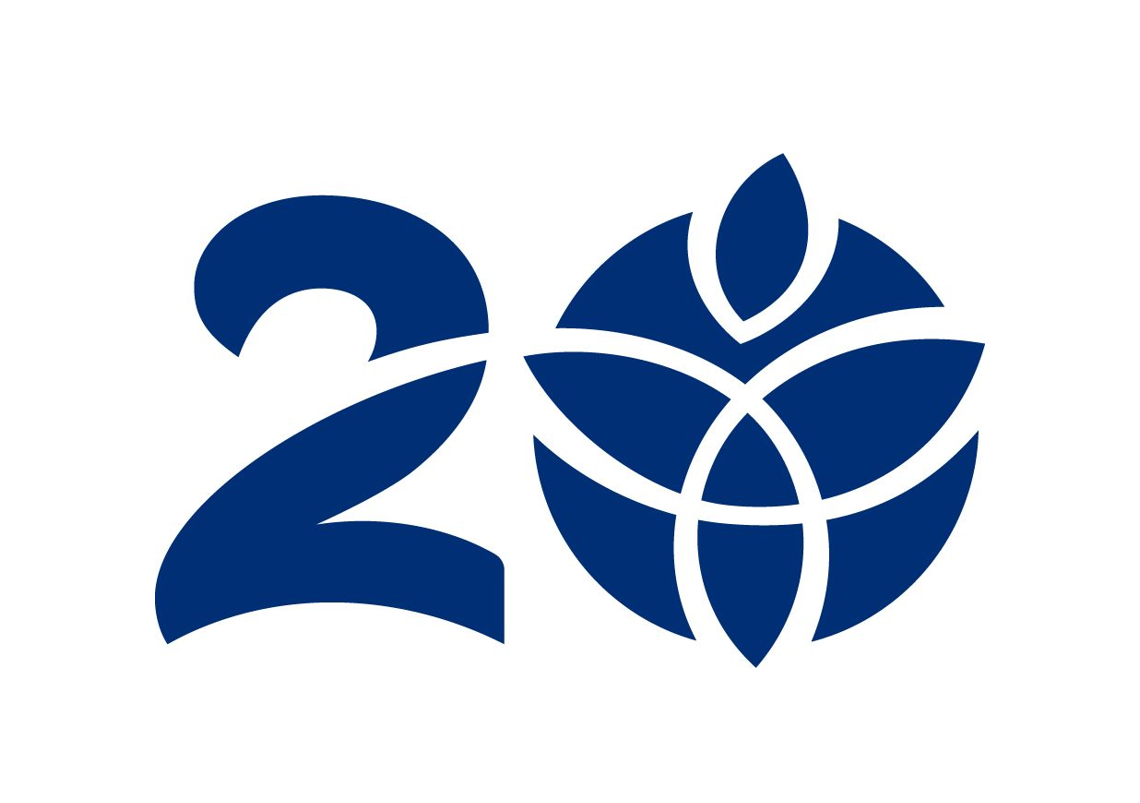Calmness in Turbulence: A Test of Character
Mar 27, 2020
The past week has seen a rapid acceleration of events around the world as a consequence of the now global reach of the COVID-19 contagion. It appears that no community is immune, no place offers a completely safe haven – as long as people continue to travel and interact with each other, person to person transmission of the virus is taking place. This phenomenon points clearly to the need for a global response that acknowledges our shared human vulnerability and avoids crude labeling and blame-shifting. No field of human endeavor has been unaffected. How we travel, how we work, how we learn, how we interact, how we live, and even how we see ourselves – all have been set on a new course. We are beginning to feel its economic impact, touching each industry, profession, company, organization, bank, and government department. It is an event of historic proportions that will be recorded and remembered well beyond this era.
In the world of education, it has been a troubling time indeed. The education of children through formal schooling conducted in centralized facilities is a common hallmark of civilized societies everywhere. Our schools are the places in all corners of the world where the youngest and most vulnerable members of each community gather together in large numbers to learn and play together, under the supervision of educators. This daily ritual has come under intense scrutiny in the current crisis across the globe, leading to very similar protective responses in most places.
Hong Kong may claim, without any particular superiority, to have acted first, closing schools and shifting to online learning using the tools afforded by a 21st century community. Schools have been closed in China, with the national curriculum offered through a set of dedicated channels streamed into all homes teaching content electronically. The resumption of normal schooling there is now under consideration. Private and independent schools in our region have responded in ways similar to those located in Hong Kong, with faculty and students scattered globally, but engaging in an electronically moderated network of teaching and learning, spanning regions and time zones.
In other parts of the world, the choices have been more stark and challenging. Countries around the world have suspended classes until further notice. Many of the world’s major public examinations, including the IB Diploma, the UK-based GCSE and A-levels, and even SAT and ACT tests, have been cancelled. For college-bound candidates, their final grades will have to be calculated using internal assessments and predicted scores. Education systems everywhere are struggling to formulate practical strategies to engage students in effective learning remotely; for many families with younger children and with limited means and resources, this is an insurmountable challenge at this time.
Globally, school administrators, educators, parents, and students are conflicted and confused by constantly evolving circumstances. Schools and teachers have had to evolve, adapt, explore, experiment, review, revise, and modify and innovate, but without an endpoint in sight.
For our own Grade 12 students, the uncertainty about their final examinations has now ended with the IB’s announcement to cancel the Diploma examinations last weekend. I believe we should be reassured by the IB’s commitment to supporting its global community through these caring and appropriate actions. The achievements of the Class of 2020 will be fully recognized. We will now seek formal confirmation of the 206 placement offers already extended to our graduating students from colleges and universities around the world.
In such unprecedented times of viral behavior and global ‘shock’, we might be forgiven for feeling disconnected from reality, with our reserves of experience and practical wisdom exhausted by the emergence of the unthinkable. We fear for the future. Amidst turbulent times, we must encourage each other to cultivate a deliberate air of calm, allowing it to permeate our words and actions. But where does this confidence to be calm in the face of impending calamity come from? When we reach the limits of our knowledge of experience, we enter unmapped territory. In fact, at the end of ourselves, we can only draw on our values and faith to face what is just over the horizon, and coming our way tomorrow. It is the kind of testing of self that shows us who we really are at this time.
This is already in evidence in the world. In many places we have begun to see unusual social phenomena. Community support groups for those in quarantine have sprung up spontaneously around the world. In Italy, residents have begun to sing to each other in the evening to raise spirits. In North America, generosity has bloomed in some places, despite hardships and shortages. Performers, facing venue closures, have offered free, online concerts. Families and couples have had to navigate the tricky waters of spending too much time together, but if they look carefully, there is great potential for closer, more meaningful interactions. Some are also finding the time and space to allow their creative spirit run free, writing, innovating, composing and inventing.
In the face of adversity, people are reaching deeply to draw on basic, almost instinctual responses to aid their fellow humans. These are things that cannot be foreseen, programmed, or anticipated with any certainty. What matters most is
our cultivated calmness and quiet resolve to fight on, qualities that come simply and directly from the core of our courage and character.
Dr. Malcolm Pritchard
Head of School
